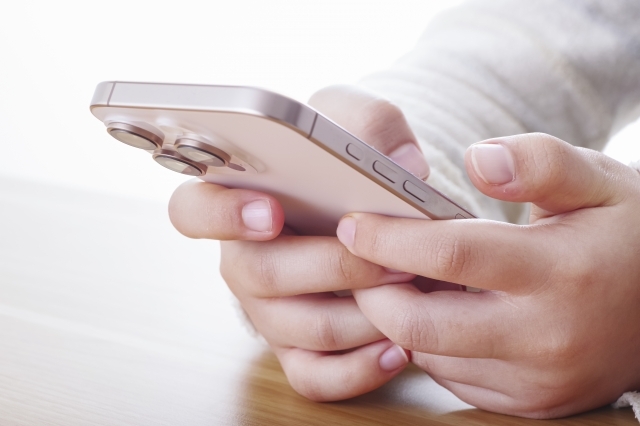A proposed ordinance in Japan is advocating for a limit of two hours per day on smartphone usage. This measure has sparked heated debates among different community groups about its implications and execution. Pertinent details such as when it might be implemented or enforced are yet to be confirmed. The proposed bill is seen as a response to the increasing dependence on digital devices in both personal and professional spheres.
In Japan, people are heavily reliant on electronic devices, notably smartphones, for information, communication, and entertainment, mirroring global trends. This proposed legislation has led to nationwide discussions about the balance between technological integration and quality of life, particularly in regards to health, productivity, and interpersonal relationships. The principle of societal harmony, or 'wa', is deeply ingrained in Japanese society, and any legislation that will affect everyday life will be widely debated.
In the U.S or E.U, screen time is perceived largely as an individual or family issue, rather than a matter of governmental regulation. Outreach programs and awareness campaigns are more common rather than imposition of legal limitations. The approach on controlling screen time is much more rooted in personal choice and responsibility than legislative action.

